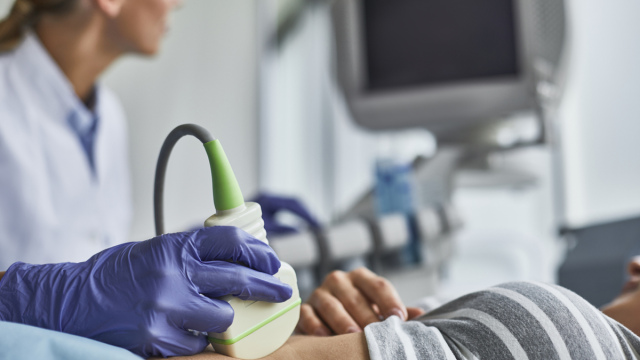The heartbreak of a miscarriage is often compounded by the pain of not knowing—not knowing what caused it, why it happened, or whether anything could have been done to prevent it. For so many heartbroken expectant parents, those questions are never answered. But a new study could help change that by shedding some light on an unexpected potential risk factor for miscarriages.
A team of researchers published a study in the journal Epidemiology that looks into spontaneous pregnancy losses. The study followed more than 12,000 women between 2013 and 2020, nearly half of whom became pregnant within the first year of their participation. Sadly, nearly a quarter of them would go on to have miscarriages. In the first eight weeks of gestation, miscarriage was more than 40 percent more likely to happen in the summer and specifically in late August.
That led researchers to conclude that “environmental or lifestyle factors more prevalent in late summer” were playing a big role. Pregnant people in the south and midwestern U.S. were especially affected, so it’s very possible that summer heat was one of those factors.
The study’s lead author, Dr. Amelia Wesselink, also noted that heat has other potential side effects on pregnancy as well. “We know that heat is associated with higher risk of other pregnancy outcomes, such as preterm delivery, low birth weight, and stillbirth, in particular,” she noted. “Medical guidance and public health messaging—including heat action plans and climate adaptation policies—need to consider the potential effects of heat on the health of pregnant people and their babies.”
In general, doctors do recommend that pregnant people avoid summer heat as much as possible. Anything that raises your body temperature will also raise your unborn baby’s temperature, so things like staying inside during the hottest part of the day, drinking at least eight glasses of water daily (or whatever you can manage), and dressing in light, cool clothing when you do need to head out are important.
It may not always be possible to prevent the worst-case scenario—but taking proper precautions can give parents and babies the best chance of a happy, healthy pregnancy.











